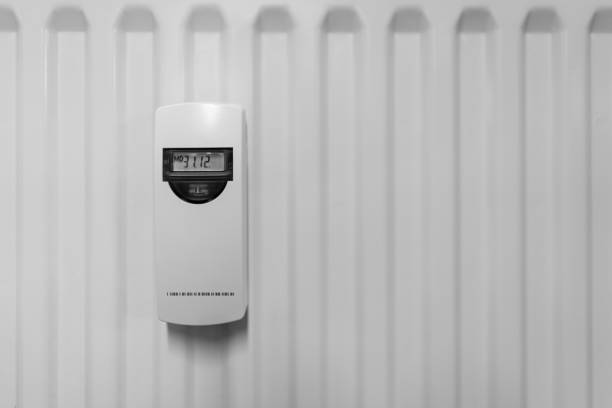Energy efficiency and accurate billing in households are highly valued, particularly at a time when energy conservation is more important than ever. However, for many Dutch households with block heating systems, achieving these goals remains challenging. Recent reports have highlighted a growing concern: unusually high energy consumption readings in homes that share a central heating system. This has led some residents to avoid using their heating altogether due to the expenses involved. Such a scenario raises critical questions about the accuracy and fairness of energy measurement in these setups.
The issue at hand
Block heating, a system where multiple homes are heated by the same boiler, is common in various parts of the Netherlands. Instead of having an individual boiler, each home has a meter installed on its radiators to measure its energy usage. This system is supposed to ensure fair distribution of heating costs among the residents. But how reliable are these measurements?
A striking instance of potential inconsistencies in block heating measurement was reported in Rotterdam. After an investigative piece by Radar (AVROTROS), numerous residents from an apartment complex came forward, reporting alarmingly high energy usage. According to their statements and supporting paperwork, some residents have been billed for energy amounts akin to that of a large villa, despite residing in modest apartments. This disparity has left many questioning the integrity of their energy meters and the overall system.
Ista, the energy service responsible for these measurements, has come under scrutiny. One of the central issues is the lack of transparency in their data handling and consumption calculation methods. Residents and experts alike are calling for more openness, questioning why there isn’t more insight offered into the measurement process.
Seeking answers and transparency
Radar’s investigation into this matter is not just about uncovering flaws in the system but also about advocating for transparency and fairness in energy distribution. As we delve deeper into this issue, the crucial question remains: How can residents determine if their energy consumption reading is accurate? And more importantly, how can they ensure they are not unfairly charged for their energy usage? A solution could be to transition from radiator meters to heat meters. Heat meters, by precisely measuring the total heat energy of an entire heating system, provide a comprehensive view of energy consumption. This approach contrasts with the limited scope of radiator meters, which measure output at individual radiators. Implementing heat meters offers property owners and residents a clearer understanding of actual energy usage, facilitating fairer billing practices.
Transitioning to heat meters could resolve issues of high and unexplained energy bills by accurately tracking and allocating usage, ensuring households pay only for their proportional share of heating costs. This move towards heat meters, replacing radiator meters, addresses the current challenges in block heating systems and signifies progress towards modern, efficient energy management, aligning with sustainability goals. It marks a significant step in our collective journey towards a fairer, more energy-conscious society.
If you represent a real estate company and have questions regarding this topic, please feel free to contact us for further discussion. We’d like to thank Radar for their insightful research on this issue. For more information, visit their article: https://radar.avrotros.nl/artikel/fragment-onverklaarbaar-hoog-verbruik-bij-blokverwarming-60037

